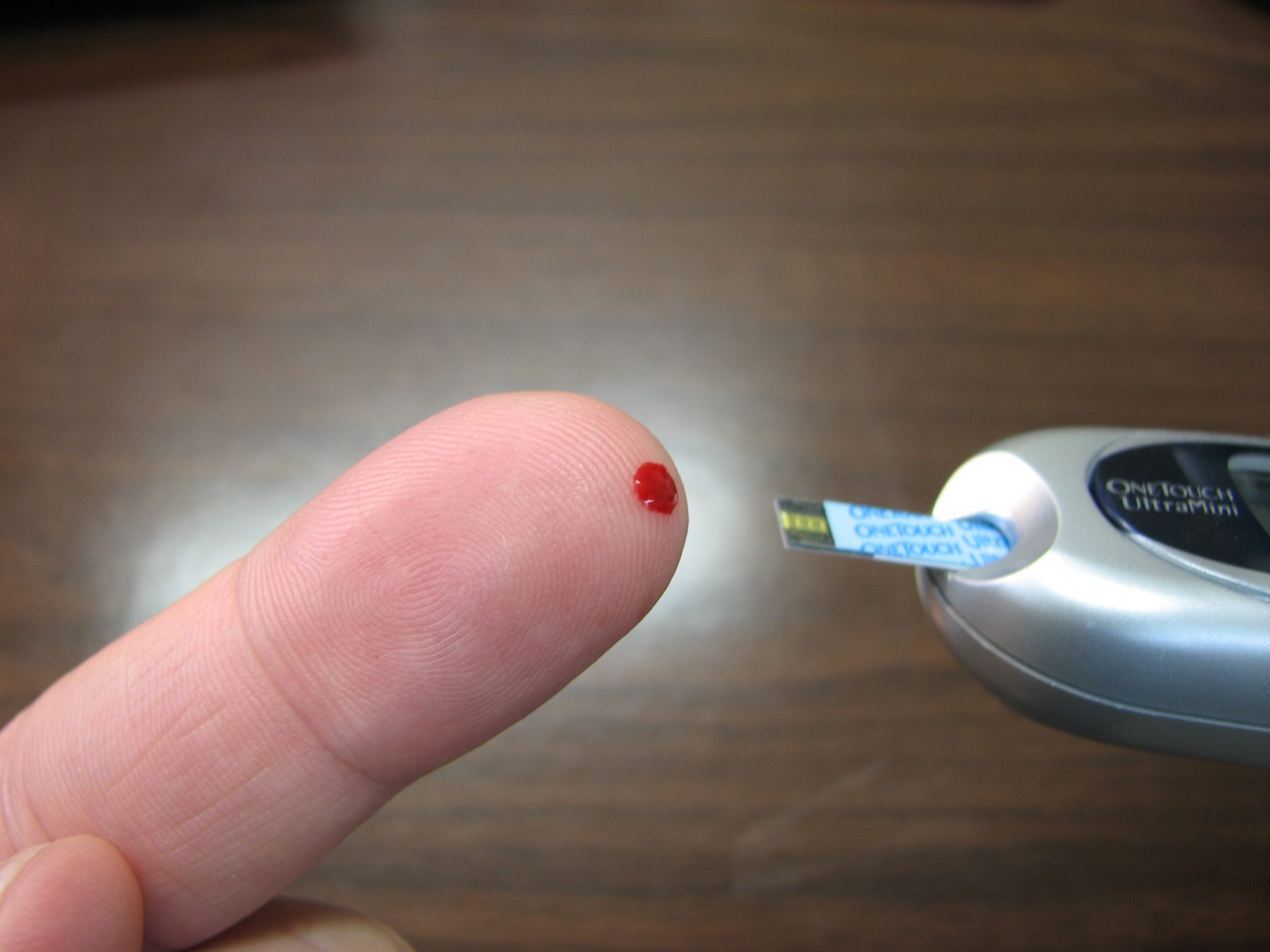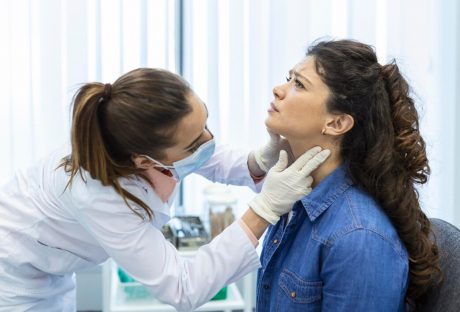It is no longer a secret that the abuse of opioids is growing and becoming a significant problem in America. It is estimated that more than 2.4 million people in America are abusing prescription painkillers and around half a million individuals are suffering from the abuse of heroin. However, individuals who are abusing opioids often face an extra burden of depression. When left unattended to, depression can make it hard for one to achieve total recovery. Opioid or opiate painkillers are medications that are narcotic and generally prescribed by a doctor. Opioids are used to control pain in many people. Opioid narcotics involve such medicines like morphine, codeine, methadone, heroin, hydrocodone, hydrocodone, and Oxycontin.
Opioid abuse and depression :
According to studies, the relationship between depression and opioid abuse is bi-directional. This only means that the addition of opioids can lead to recession and depression can lead to opiate addiction. Opioid abuse takes place when a prescription opioid is used for other reasons other than medical or using it for a longer duration than expected. Additionally, taking vast amounts than prescribed leads to opioid abuse. The abuse of opioid has a close associated with higher rates of:
- Anxiety
- Depression
- Bipolar disorders
- Antisocial personality disorder
- Schizophrenia
- Borderline personality disorder
- Conduct disorders
Signs and symptoms of prescription opioid addiction :
Several symptoms and signs indicate opiate addiction. It is important to note that not all people experiencing an opiate addiction will show all the following signs. In addition to this, there are some of the symptoms that are common to almost everybody who has a prescription opiate addiction. The symptoms involve:
- Usage increase: one will be seen increasing their doses more than expected by the doctor. Usage increase eventually results in a growing tolerance to the said drug and finding means of getting the drug to achieve the same effect.
- Change in personality: shifts in mood, concentration, and energy as a result of making everyday accountabilities a secondary priority to the want for the drug.
- Social withdrawal: in most cases, the addicted person will distant themselves from friends and family due to that fact that they would want their close members to know about what they are doing or experiencing.
- On-going use: one will continue using the prescription opioids even after the condition to which the drug was prescribed is over.
- Increased sensitivity: this involves hallucinations. Normal emotions, sounds, and sights start becoming exaggeratedly stimulating to the individual.
- Forgetfulness and blackouts: addicted individuals are more likely to forget what just took place as well as experiencing blackouts.
- Change in appearance and daily habits: the individual will experience a change in eating and sleeping habits and a decline in personal hygiene, constant cough and glazed eyes.
- Neglects responsibilities: the addicted person will ignore bills and the household chore, as well as calling in sick more often to the workplace or school.
- Defensiveness: one becomes more defensive as well as lashing out to simple questions to try and hide the dependency on drugs if they feel like somebody will discover them.
Causes of prescription opioids addiction :
There is no precise cause of why one person will develop an addiction while the other will not when using opioids. According to studies, it is believed that addiction occurs after some factors work interchangeably. The factors include:
- Genetic: addiction could be hereditary such that if there is a member of the family that has suffered addiction before, it will be passed on to the next generation. While this is not an accurate indicator, it is believed to contribute to addiction.
- Biological: some studies indicate that there are few chances whereby one is born without the neurotransmitter “endorphins.” In such cases, individuals may turn to outside sources like opium narcotics to fill this inborn deficit.
- Environmental: people who grow up or find themselves in environments that are chaotic and full of people addicted to drugs, are more probable to experience an addiction at some point in their lives.
- Psychological: while some addictions are brought up by people trying to self-medicate the signs of an undiagnosed mental disorder, mental illness is a reliable gauge of addiction potential.
The prescription opioid addiction is on the rise in America. With people trying to ease pains through painkillers, these painkillers come with their adverse side effects. However, behavioral therapies and medications can help change the situation and restore one to good health.






















